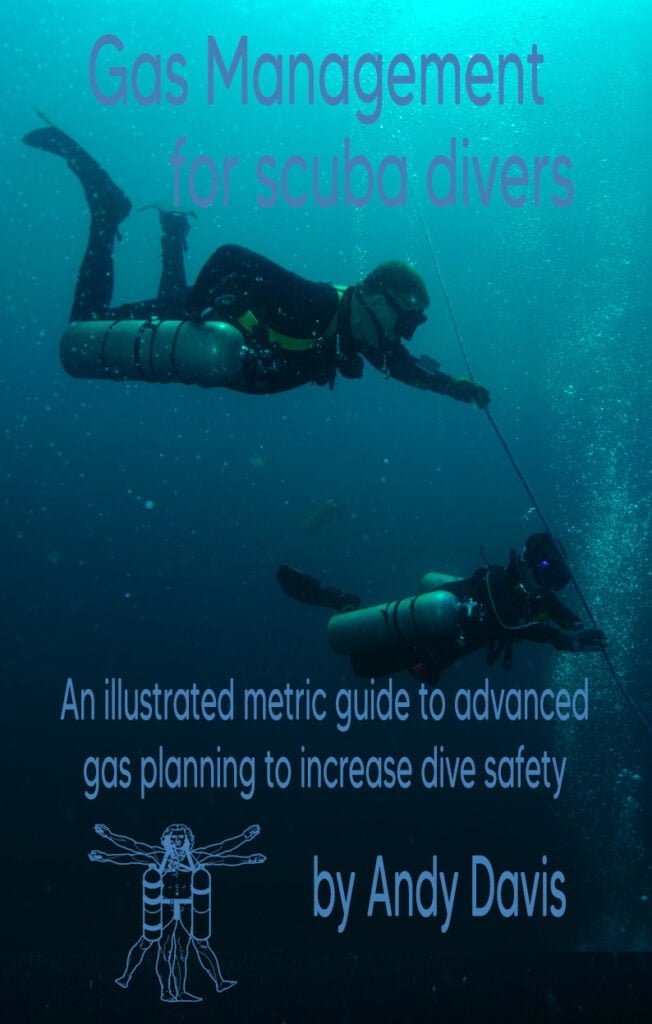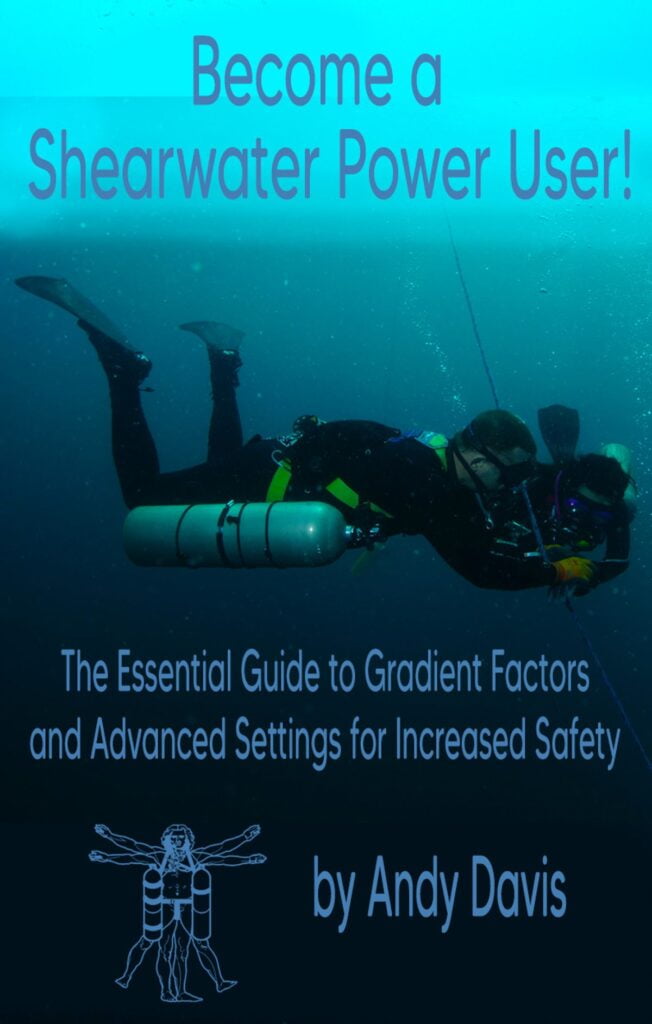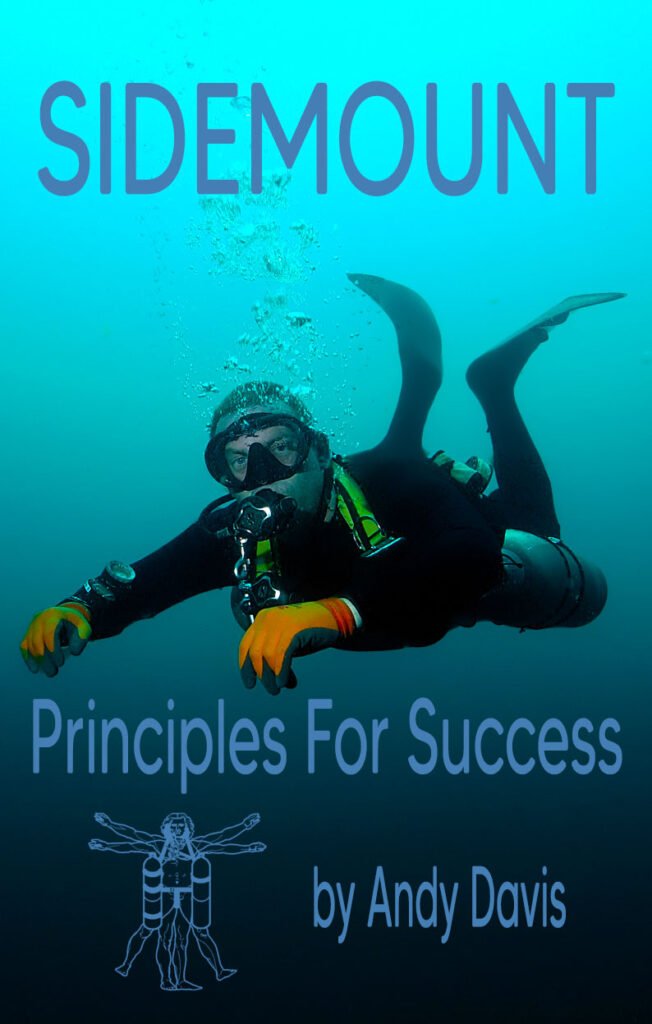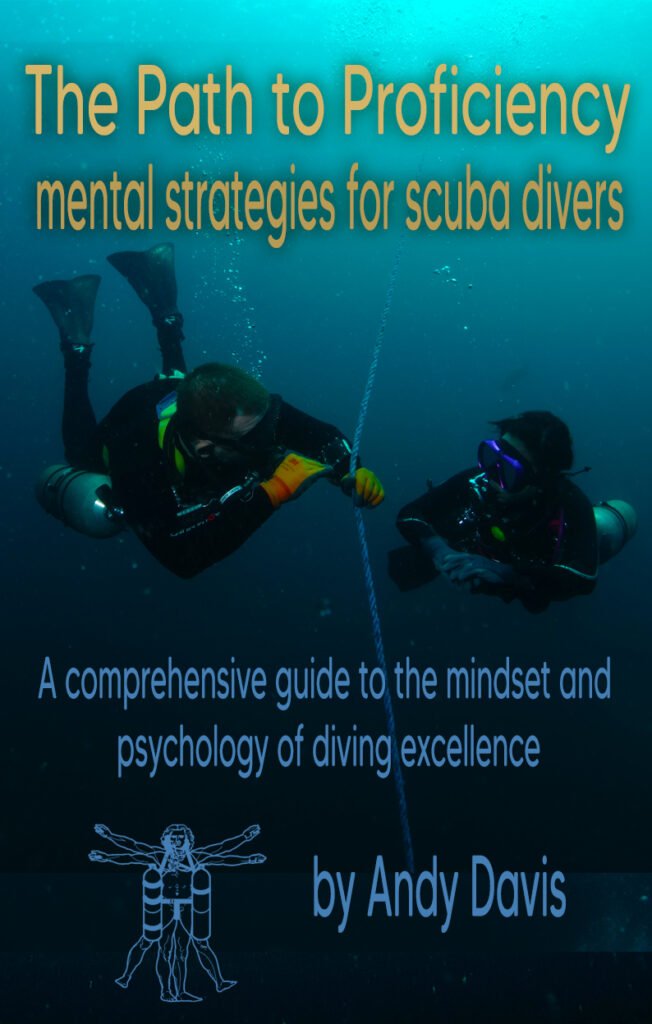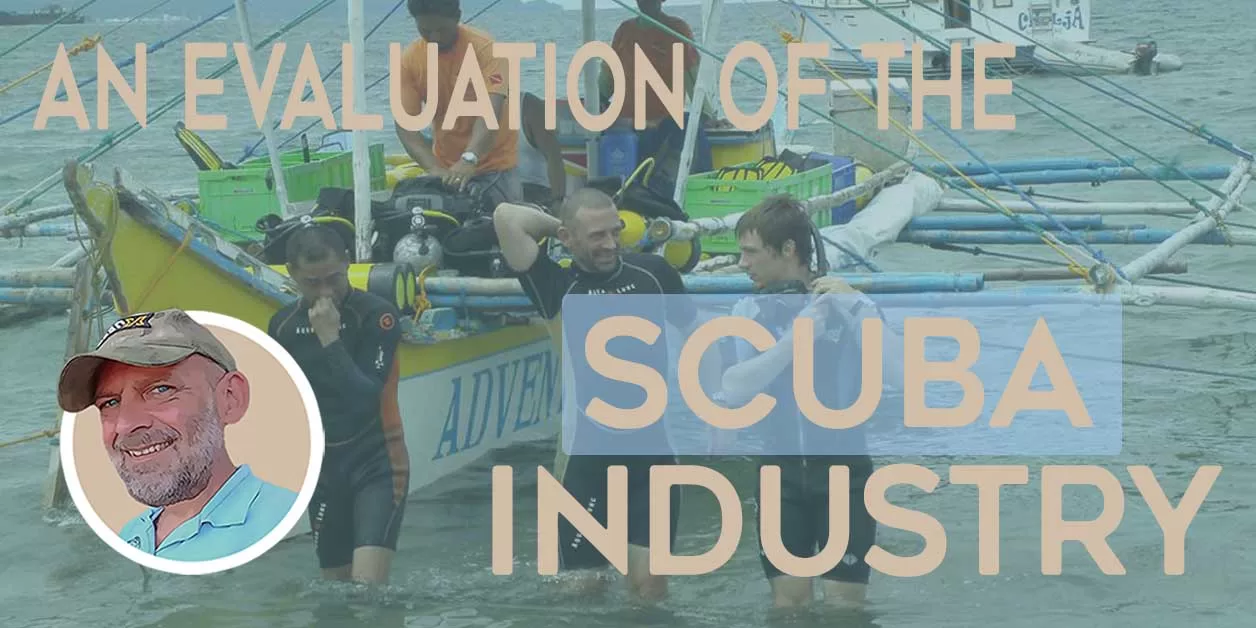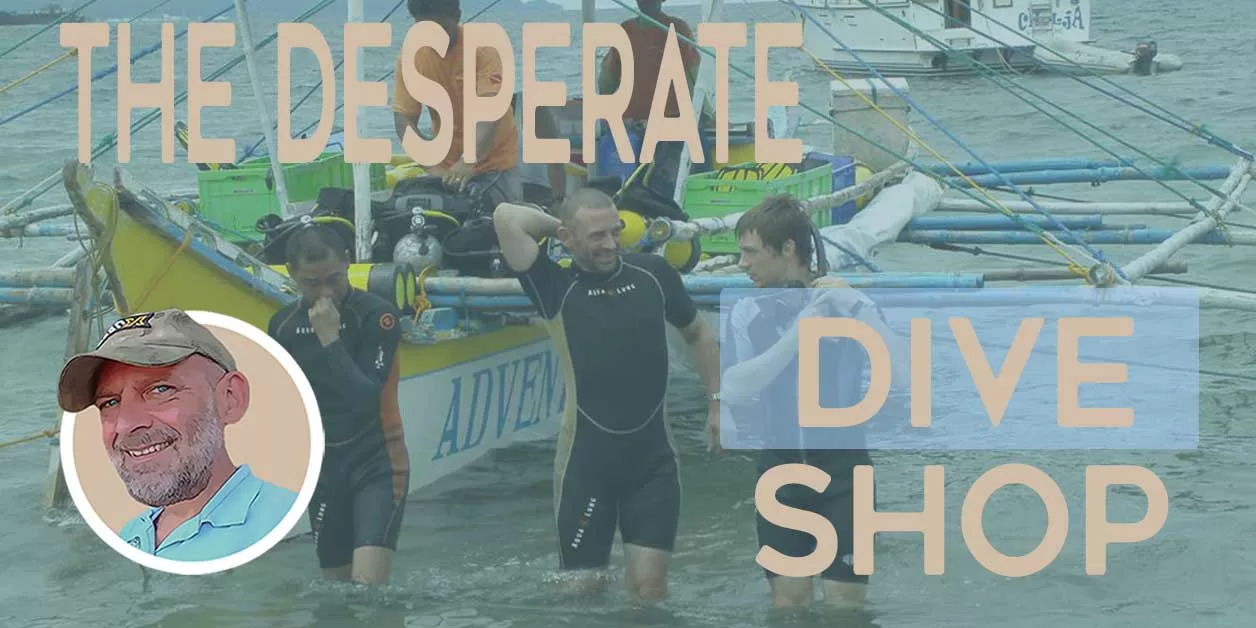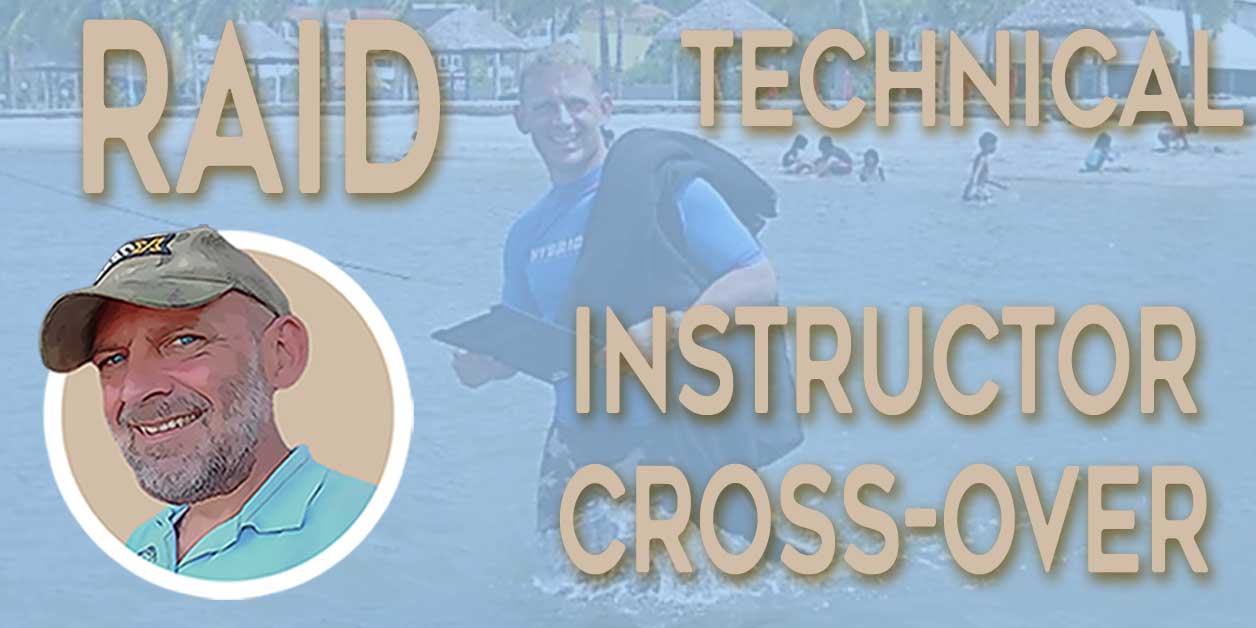The Scuba Diving Industry
Dive training agencies and competition on quality versus price
Here’s a contentious suggestion for the scuba diving industry; training agency affiliation can become a barrier to quality differentiation when trying to compete in the market on something other than offering the cheapest possible price.
Does the scuba diving industry promote consistent course quality?
It’s a sad fact that most dive training consumers assume that all courses affiliated through a given agency must be of equal merit. The dive training agencies themselves promote that notion through claims of consistently high standards and effective quality assurance programs.
If that were true, then surely there is no such thing as discernable quality difference in student performance outcome – when courses are affiliated to the same agency and result in the same certification being awarded. Yet there is blatantly huge differences in the competency levels of scuba divers upon certification.
The consumer mindset understandably becomes:
“Why should I pay more money for this specific course, when competitors offer the same course for cheaper?”
If a consumer is going to recieve the exact same product, they are prudent to shop around and find it sold for the cheapest price.
Does the scuba diving industry sell licenses or provide training?
Professional diving instructors and dive center owners will readily affirm that the product they market and sell is scuba training provision.
Yet that statement is very frequently undermined by the same instructors and dive centers marketing their business on the basis of providing certifications (or “licenses’). It’s so pervasive that you’ll here a majority of scuba divers will make comments to the effect of:
“I need to do ________ course to get a license to do that diving activity”
Such beliefs do not become widespread unless there’s a strong trend in behaviour and actions to cause them. Those behaviours and actions stem from the scuba diving industry, not the student divers.
Does the scuba diving industry set low price expectations?
The reality is that consumers are routinely led towards having expectations of what a given course should cost. When the majority of course providers are offering ultra-low prices, that becomes the expected norm. Charging more becomes an anomaly to consumer expectations.
Needless to say, the larger scuba training agencies have a vested interest in promoting their instructors and affiliated dive centers to follow a mass market business model. They profit from the volume of sales; typically through retail income from the course manuals. In those cases, promoting quality over quantity is against the dive training agencies’ interests. Shareholders don’t like it when quality-focus diminishes their dividends.
Does the scuba diving industry incentivize volume sales over quality instruction?
With that in mind, look at what we see in the scuba diving industry. Agencies reward their instructors and dive centers based upon volume of sales and student turnover.
Disingenious phrases like “contribution to the scuba diving industry” are used on award certificates for the the dive centers and instructor trainers with the biggest student turnovers. Dive instructors get made-up statuses, like “elite instructor“, entirely determined by the volume of students they certify per year. Dive businesses get scaled discounts on their agency materials based upon their annual sales volume.
Most noteworthy, those same dive training agencies have no recognition schemes for the quality of instruction. At most, they’ll send out a certificate if the agency recieves a particularly effusive email from a student about their instructor. There is, however, no formal system for recognizing and rewarding professional instruction quality or consistently exceptional outcomes in student diving proficiency.
The big training agencies overtly incentivize their instructors and affiliate dive center businesses to focus on quantity.
Does the scuba diving industry manipulate volume sales business models?
If a majority of dive professionals and diving center owners succumb to the pervasive incentivization I’ve described, it’s hardly surprising that they’ll feel a resulting compulsion to adopt a quantity focused business model of their own. That inevitably means lowering prices.
When enough dive training business are lowering their prices to attract a higher volume of students, it begins to establish consumer expectations. Exceptionally cheap pricing becomes the norm. Any business needing to set higher prices because they are quality focused is directly disadvantaged.
Running longer, more comprehensive courses, spending more time in-water, employing more expert and experienced instructors, adding extra tuition to the core syllabus… all costs a dive center more money.
That has to be reflected in course costs in most intances; although some exemplary quality dive businesses do manage to offset higher costs as a loss leader through other aspects of their business.
Are dive instructors and diving centers supported to compete on quality?
I don’t believe so. The mainsteam scuba diving industry typically promotes beliefs that all courses are comparable in quality, incentivizes their affiliates to pursue volume sales, lowers price expectations and tacitly suggests that consumers are buying ‘licenses’ not training.
In practise, all of those behaviours are a strong impediment to any dive instructor or diving center owner that wants to compete on quality.
The scuba diving industry talks about improving training quality but, in reality, does nothing to actively support dive professionals structuring their work to improve quality. Neither does the industry take practical, effectual action to foster a quality-focused mindset.
What can a dive professional do if they want to compete on quality?
The answer is for dive professionals, instructors and business owners, to differentiate themselves from lower quality competition. As I’ve described, the scuba diving industry makes that hard to achieve.
Put simply, if a business wants to differentiate on quality… then it also has to differentiate the product it sells.
The easiest way to differentiate is to offer products that consumers can differentiate from the majority of what they see. Where prospective dive students believe they are paying for a ‘license’; sell them a different license. When they believe that all agency courses are comperable in quality, offer them a different agency. When they have price expectations for training, help them understand that a different agency, offering a different training quality and level of certified proficiency, has different costs.
Different agency, different course, different standards, different quality, hence… different price.
As an instructor or center owner, switching to a different agency can empower the capacity to immediately differentiate yourself from mainstream competiton. There are many training agencies in the scuba diving industry; so find one to affiliate with that better matches your ambitions to compete on quality.
Affiliation to massive market-dominating agencies does offer the considerable benefit of their huge marketing budgets and the resulting consumer awareness. That’s a strong factor for instructors and dive business who are new and inexperienced; it takes time to establish, grow and promote your own reputation as a professional or business.
But once a dive professional or dive business owner feels they’re ready to stand by their own reputation and quality; they no longer need to rely upon big agency marketing power. If they wish to pursue quality, supported rather than impeded by their agency, they should take some time to see what other options exist… and may actually be a better match for them.
About The Author

Andy Davis is a RAID, PADI TecRec, ANDI, BSAC, and SSI-qualified independent technical diving instructor who specializes in teaching sidemount, trimix, and advanced wreck diving courses.
Currently residing in Subic Bay, Philippines; he has amassed more than 10,000 open-circuit and CCR dives over three decades of challenging diving across the globe.
Andy has published numerous diving magazine articles and designed advanced certification courses for several dive training agencies, He regularly tests and reviews new dive gear for scuba equipment manufacturers. Andy is currently writing a series of advanced diving books and creating a range of tech diving clothing and accessories.
Prior to becoming a professional technical diving educator in 2006, Andy was a commissioned officer in the Royal Air Force and has served in Iraq, Afghanistan, Belize, and Cyprus.
In 2023, Andy was named in the “Who’s Who of Sidemount” list by GUE InDepth Magazine.
Purchase my exclusive diving ebooks!
Originally posted 2022-10-28 11:59:28.


